Coat of Arms of Romania
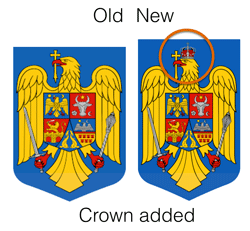 |
Coat of Arms of Romania - Present Day and addition of Royal crown to be effective december 1, 2018
The eagle stands for Wallachia, the province that is central to Romania’s history. The eagle is considered a symbol of Latinity as well as of courage, determination, power, and grandeur. On the bird’s chest are traditional crests of Romania’s major provinces (Wallachia, Moldavia, Transylvania, Banat, Oltenia and Crisana) as well as two dolphins symbolizing the Dobrogea region along the Black Sea. Top-left is Wallachia‘s eagle holding in its beak a golden Orthodox cross. Top-right is Moldavia, symbolized by an auroch head (bison family). Bottom-left, Banat and Oltenia are symbolized by Roman Emperor Trajan’s bridge constructed over the Danube in 110 AD. Bottom-right is Transylvania (including Maramures and Crisana) with an eagle and seven crenellated towers of the Siebenbürgen German cities.
|
|||||||||||||||||||||||||||||
| Return . . . | ||||||||||||||||||||||||||||||
|
|
||||||||||||||||||||||||||||||
| Coat of Arms of Wallachia and Moldavia - Before unification with Transylvania after WW I | ||||||||||||||||||||||||||||||
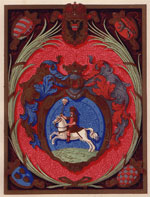 |
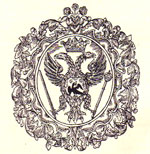 |
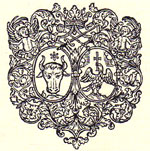 |
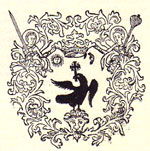 |
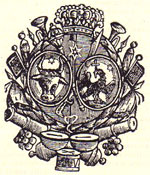 |
||||||||||||||||||||||||||
| 1688 - Coat of Arms of
Serban Cantacuzino |
1745 | 1782 | 1793 | |||||||||||||||||||||||||||
| 1688 - Bassarab- Brancovan Princes Click image to enlargeorClick here for an explanation of the spiked Turkish head |
||||||||||||||||||||||||||||||
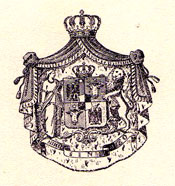 |
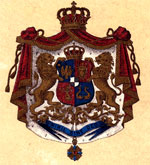 |
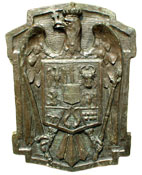 |
||||||||||||||||||||||||||||
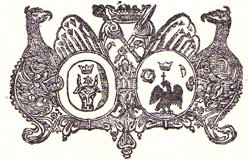 |
||||||||||||||||||||||||||||||
| 1794 | 1890s | 1900s Click image |
1920s (after WW I) Click image |
|||||||||||||||||||||||||||
